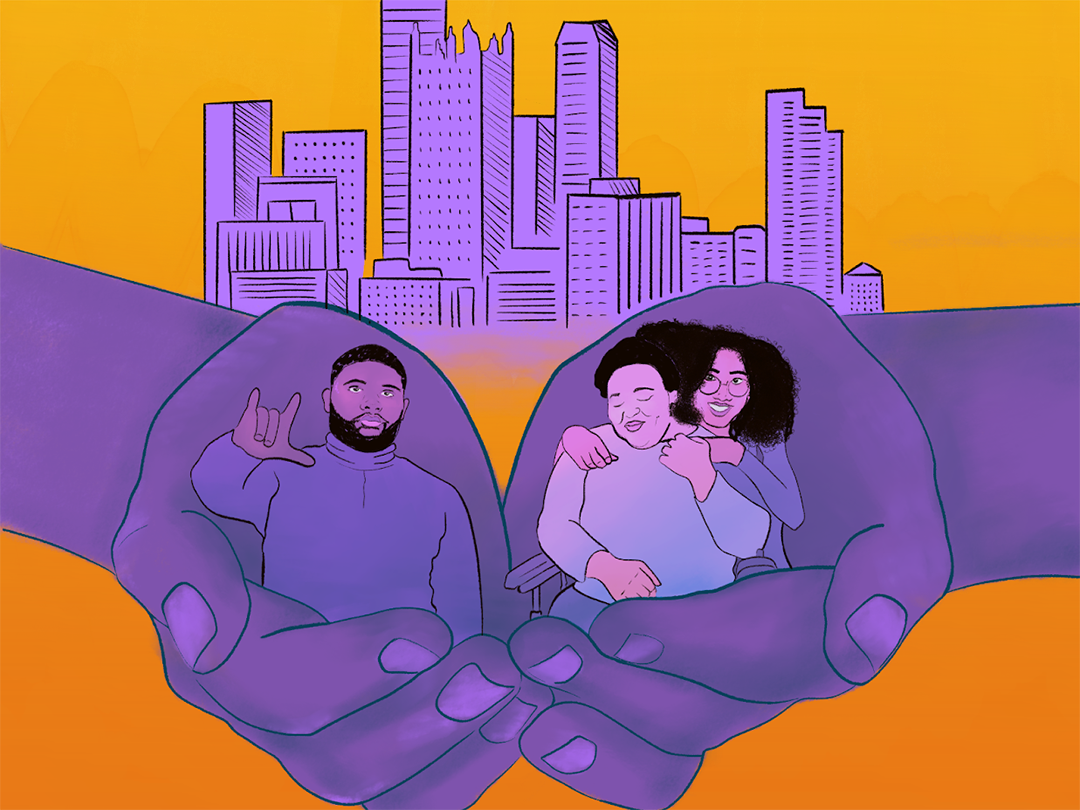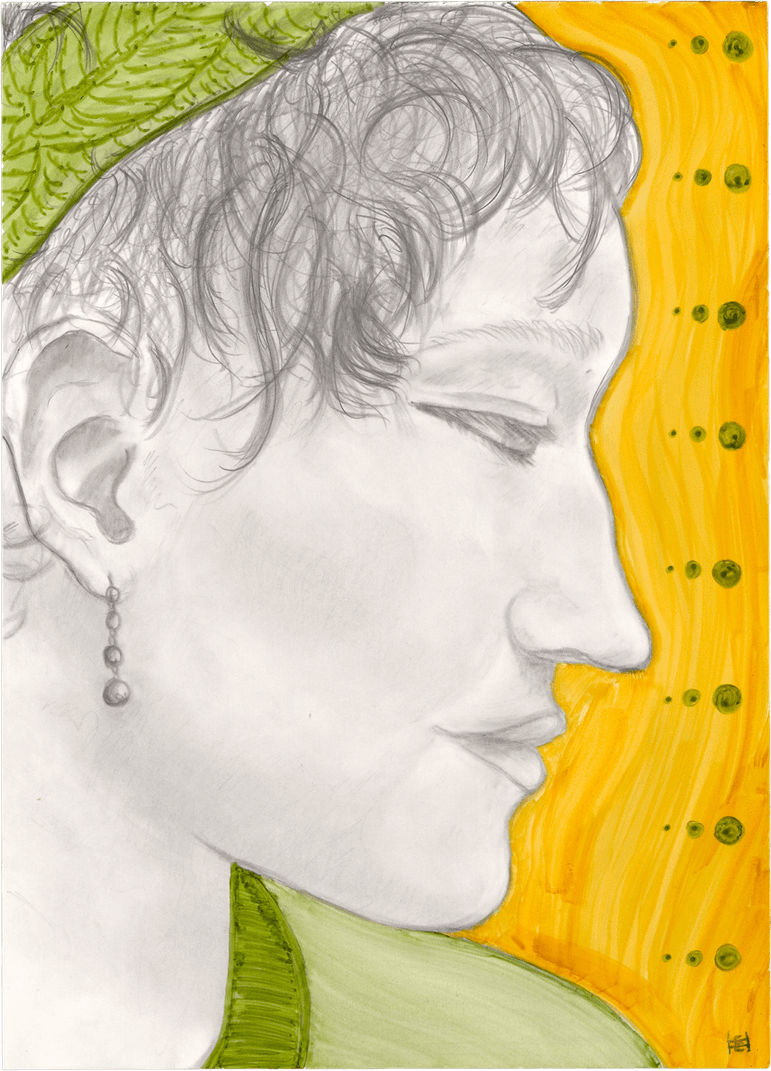Report Backs
Disability Justice Cohort for Pittsburgh Movement Organizations
PeoplesHub initiated this pilot program to work with a cohort of twelve organizations local to Pittsburgh.
Highlander Center for Popular Education
PeoplesHub has enjoyed a close relationship with the Highlander Center for Popular Education since our inception.
Elena’s Exhibit
Elena is an incarcerated artist in Pennsylvania. RED Emma's is the worker cooperative behind the restaurant, bookstore, and community events space.



